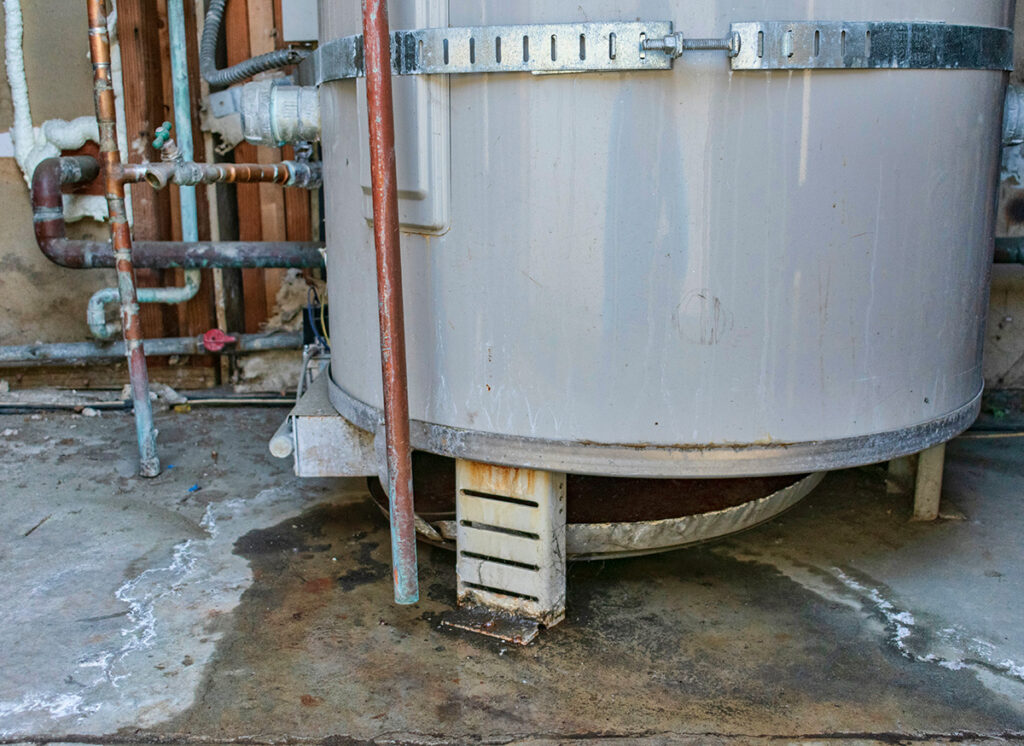National Preparedness Month is here, and that means it’s time to take stock of the machinery in your home to see how well it is working. Prepare your South Jersey home for the unpredictable with Heating Specialties by inspecting your water heater this month. This important unit gets used every single day, and it may be time for a flush of its system!
Why flush your water heater?
A standard water heater maintains a tank full of water that is ready to be sent to your faucet when needed. This tank can collect sediment, minerals, and other debris at the bottom of the tank, where the heating element also resides.
If that heating element gets blocked by the sediment, it can mean your water heater has to work harder to heat the water, costing you in energy efficiency, utility bills and damage to your unit. Tankless water heaters can also require flushing or other maintenance, despite holding less water than a traditional model.
How it works
To flush a water heater, the energy source (gas or electric) must be shut off, followed by the water supply. Then, the hot water is turned on at a nearby faucet, and a hose is attached to the drain valve. This hose drains into an empty bucket, and then the cold-water supply is turned back on to flush out the tank a few times. Finally, the drain valve is closed again, and the water heater is filled back up for use.
Although this procedure can be done by the homeowner, we recommend working with the professionals at Heating Specialties to ensure that it is done properly. Our experts can also inspect other elements of the machine while they flush the system and will be well prepared if anything goes wrong.
How often to flush
The general recommendation for flushing your water heater is at least once per year. A typical water heater should last at least eight to twelve years with regular maintenance, including annually flushing the system, from a local professional company like Heating Specialties.
What happens if you don’t?
Not regularly flushing your system can lead to many unwanted consequences. Your hot water may not run as hot as it used to, or it may run out faster. You could also face higher energy bills because the unit is working harder to heat the water. The direct result could be a burst water heater and severe water damage if the tank overheats from trying to constantly heat the water through the built-up sediment.
If you need of service for your water heater or HVAC unit, call us at (866) 923-2653 or schedule a visit online today. We look forward to serving you and preparing your home during National Preparedness Month.

